Annual family premiums for employer-sponsored health insurance rose an average of 3 percent to $18,142 this year, a modest increase at a time when workers’ wages (2.5 percent) and inflation (1.1 percent) also grew modestly.
Workers on average contribute $5,277 annually toward their family premiums, according to the benchmark 2016 Employer Health Benefits Survey (www.shrm.orghttp://www.kff.org/ehbs), released in September by two nonprofit health research organizations: the Kaiser Family Foundation (KFF) and the Health Research & Educational Trust (HRET). The survey is based on responses from more than 1,900 small and large employers contacted through June 2016.
This year’s low family premium increase is similar to last year’s (4 percent) and reflects a significant slowdown over the past 15 years. “We’re seeing premiums rising at historically slow rates, which helps workers and employers alike, but it’s made possible in part by the more rapid rise in the deductibles workers must pay,” said KFF President and CEO Drew Altman.
The recent trend in part reflects covered workers moving into high-deductible consumer-directed health plans (CDHPs) compatible with health savings accounts (HSAs) or tied to health reimbursement arrangements (HRAs) – here’s how HSAs and HRAs differ (www.shrm.org/resourcesandtools/hr-topics/benefits/pages/hrasandhsasanoverview.aspx). These plans have lower average premiums than other plan types.
In 2016, 29 percent of all workers were in CDHPs, up from 20 percent in 2014, while a shrinking share of workers (48 percent in 2016, down from 58 percent in 2014) are enrolled in preferred provider organization (PPO) plans, which have higher-than-average premiums.
Read the full article here.
